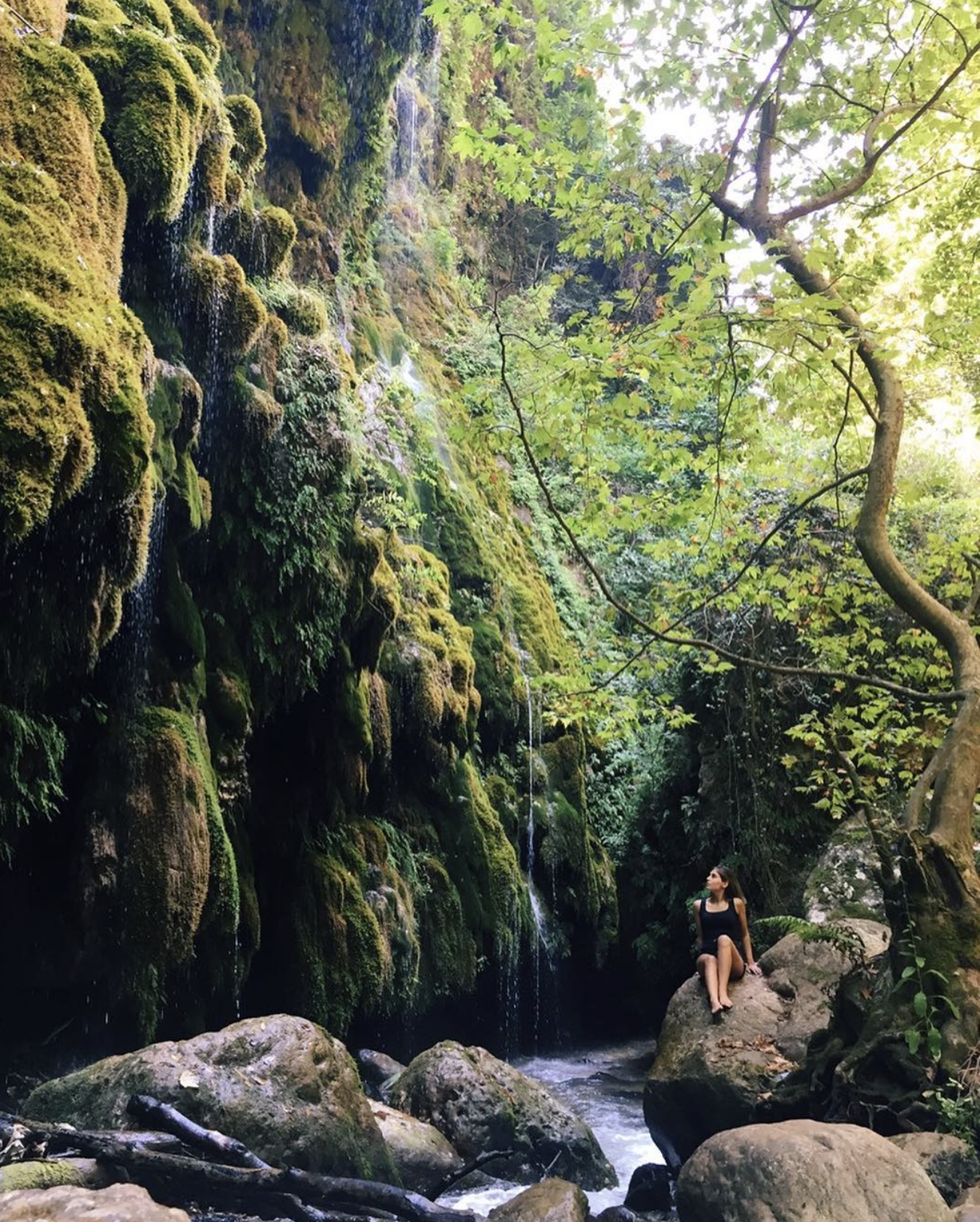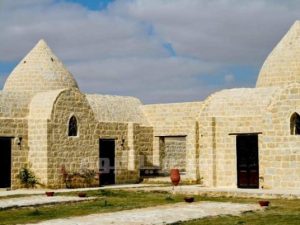
The world’s oldest olive trees are in Lebanon. Eco-tourism in Lebanon can do a lot to bolster local communities, if it gets off the ground.
While attempting to move away from its scarred past, Lebanon has created a not-so-sustainable tourism industry with its focus on Beirut’s bars and beaches. The formerly lethargic tourism ministry is now trying to re-focus the market’s interest elsewhere in the country. With its Mediterranean apocalypse, diving is not great, but The Daily Star reports that the country could benefit enormously from growing its yet untapped eco-tourism industry.
Lebanon currently attracts more visitors to its urban centers than its beautiful countryside, leaving fallow an enormous opportunity. The country’s year-round outdoor activities include whitewater rafting, snowshoeing and snow survival, hiking, climbing, and even overnight stays with local communities.
33 North is an eco-tourism outfit that opened its doors last June. The Managing Director Gilbert Moukheiber told the paper that before established eco-tourism operators started offering their services, undirected visitors often caused a lot of harm to local communities. His firm, he says, practices “responsible” tourism, and they have trained over 70 local guides to date.
Michel Moufarege works for Liban Trek, the very first company founded in 1997 to offer alternative hiking tours in Lebanon. He claims that nature has been “attacked” from all sides, and that people would benefit from learning about what is beautiful and complex in nature. His kind of tourism also benefits local communities in Lebanon, who he says should be consulted.
Safa al-Hek, a medical practitioner, founded an organization called Oak, a cooperative that produces and sells organic food such as olives, nuts, jam, and fruit. In time, with international funding, al-Hek hopes the facility currently based in Koueikh, Hermel will grow to include an organic and traditional restaurant.
Start on the Lebanon Mountain Trail

Qadisha Valley, via Anatolla
In the meantime, she believes that her facility, which draws scores more tourists to the region than before, has helped to improve the economic standing and emotional well-being of the women who work there.
While the tourism industry depends richly on political stability, eco-tourism has helped to strengthen national unity, the paper reports. One significant achievement is the 440 kilometer Lebanon Mountain Trail, which passes through 70 different towns and villages from north to south Lebanon.
Moufarege says that development encompasses improved mountain trails as well as tar roads, and that doing so can help to amalgamate the local community.




http://domaineal-rachid.blogspot.com/2011/02/2h-from-beirut.html have a look on this domain your observations will really be appreciate it ..
peter